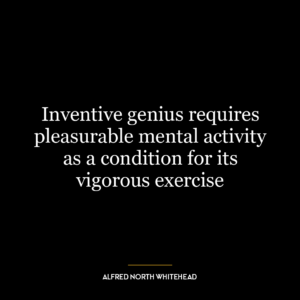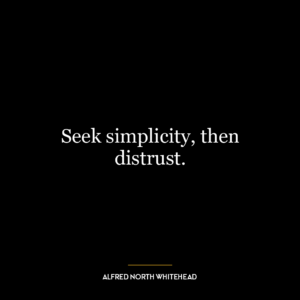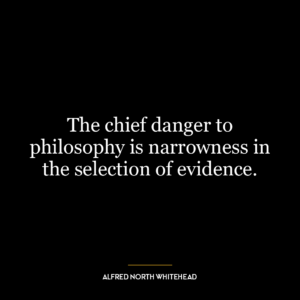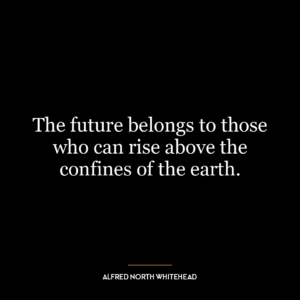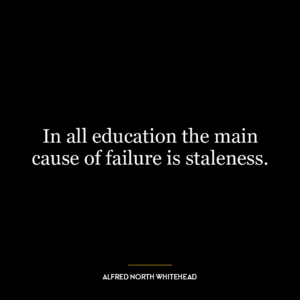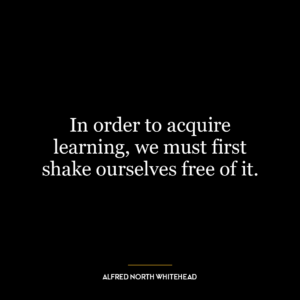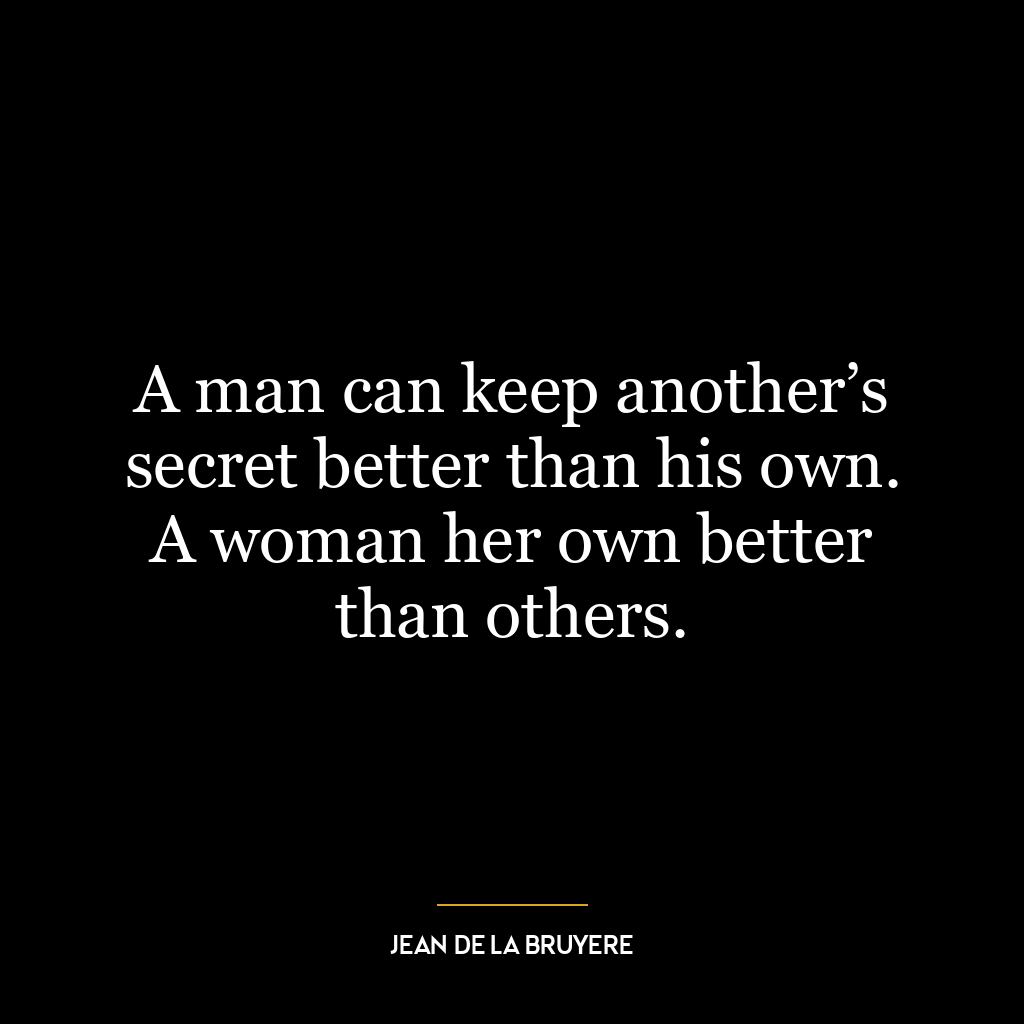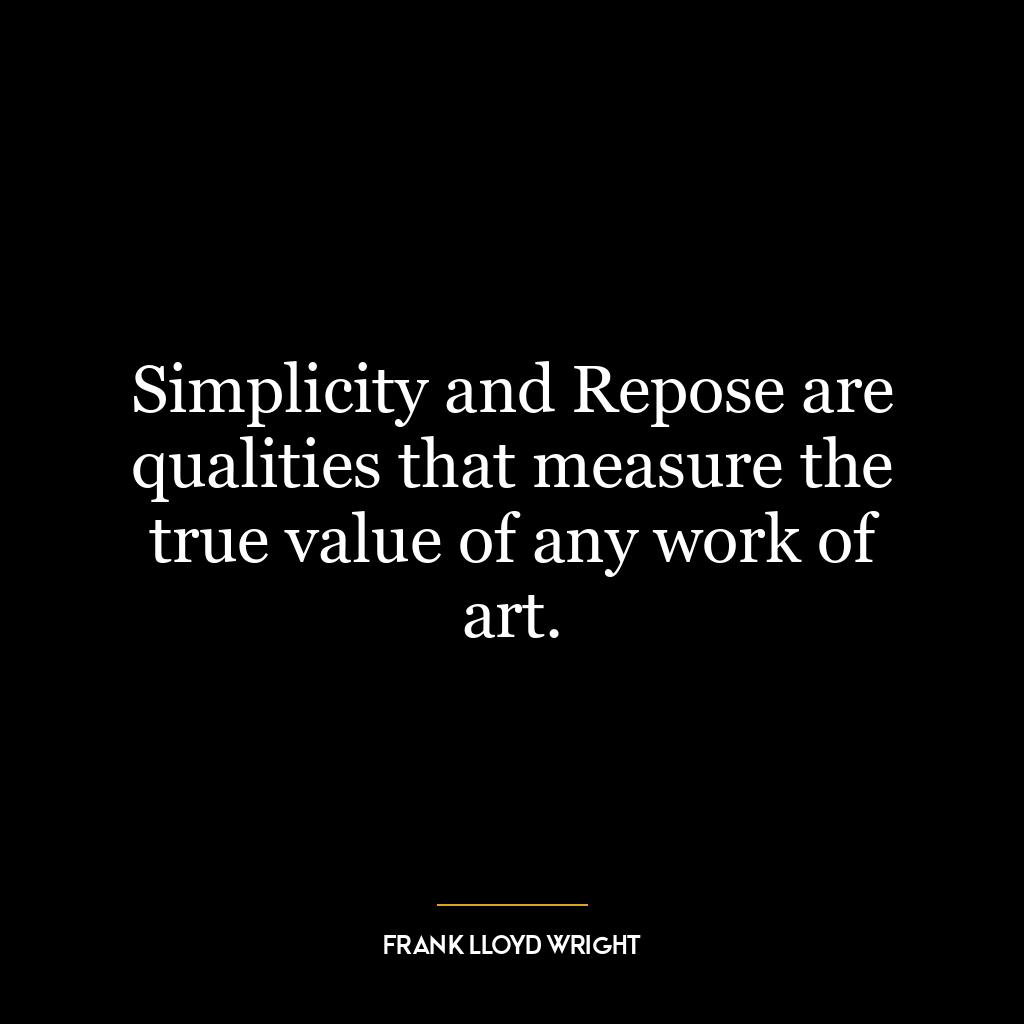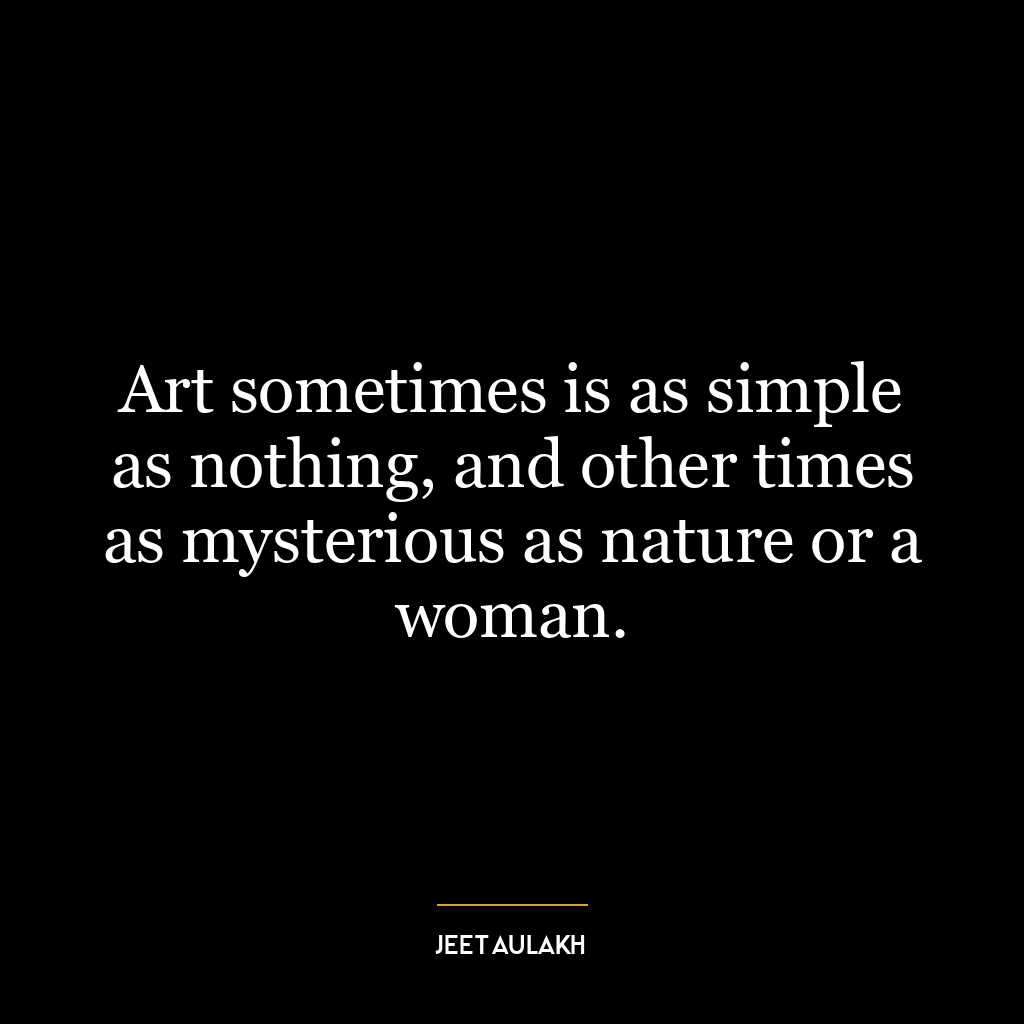…the only simplicity to be trusted is the simplicity to be found on the far side of complexity.
This quote suggests that true simplicity is not the absence of complexity, but rather the result of having navigated through it. It’s about understanding complex issues so thoroughly that you can explain them in simple terms or find simple solutions. It’s not about oversimplification, but about distilling complexity down to its essence.
In the context of personal development, this could mean that true wisdom or understanding isn’t about avoiding difficult experiences or complex ideas, but about engaging with them, learning from them, and ultimately finding a way to make sense of them in simpler terms. It’s about the journey from ignorance to knowledge, and from confusion to clarity.
In today’s world, we often face complex problems and issues. Whether it’s a global pandemic, climate change, or social inequality, these are not issues with simple, straightforward solutions. They require a deep understanding of various interconnected factors. However, once we have thoroughly explored and understood these complexities, we can begin to identify simpler, more effective strategies for addressing them.
For example, the issue of climate change is incredibly complex, involving scientific, economic, political, and social dimensions. But once we understand these complexities, we might arrive at a relatively simple principle for action, such as the need to reduce greenhouse gas emissions.
In the business world, this could mean understanding the complexities of the market, customer behavior, competition, etc., and then developing a simple yet effective business strategy based on that understanding.
In essence, the quote is a reminder that we should not shy away from complexity, but rather embrace it, understand it, and use it as a pathway to simplicity and clarity.



